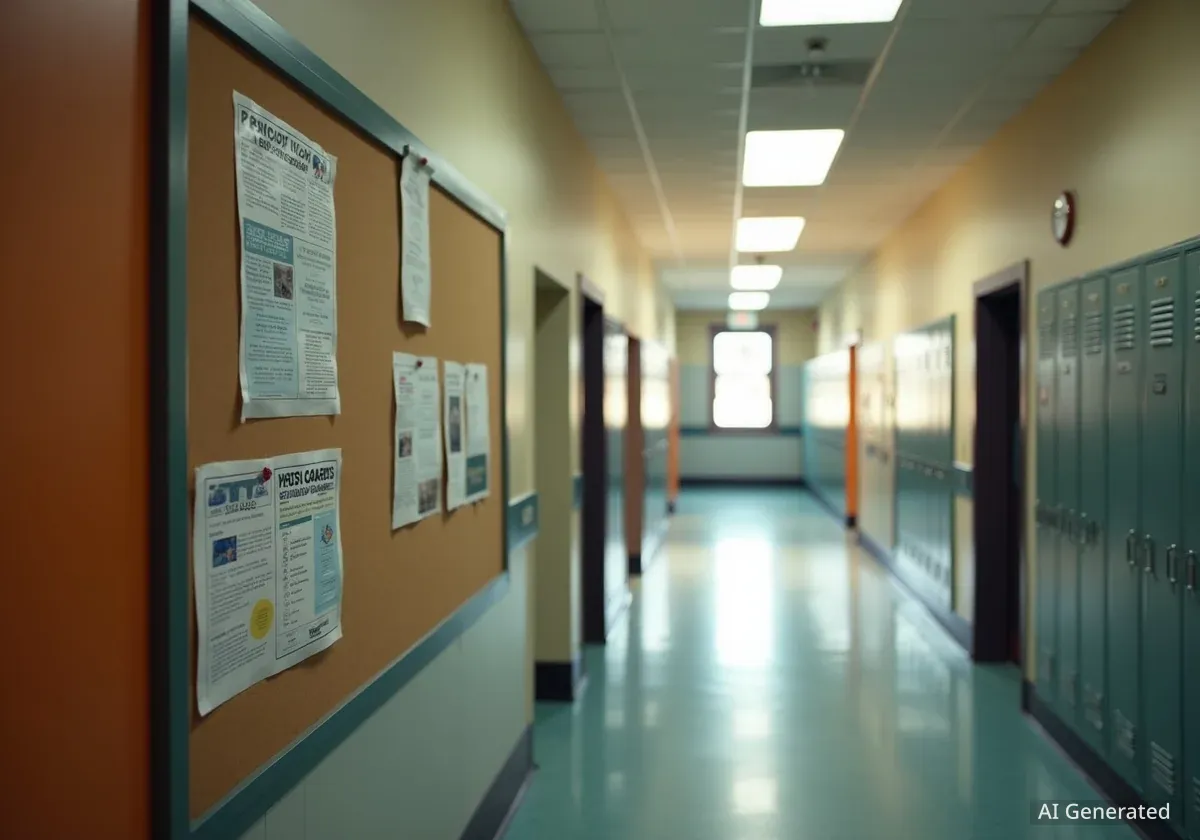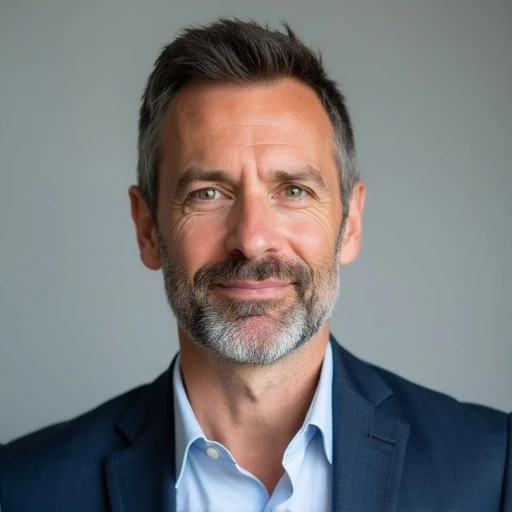Orange County Public Schools in Florida has discontinued a student-produced video series titled "Witchy Wednesday" at a local high school. The decision came after the district received a demand letter from Liberty Counsel, a legal organization, which raised concerns about the segment's religious content being broadcast during morning announcements.
Key Takeaways
- West Orange High School aired a student-created video series called "Witchy Wednesday" during morning announcements.
- The legal group Liberty Counsel sent a letter to the school district, classifying the segments as "religious instruction."
- Liberty Counsel demanded that students be allowed to opt out and that Christian students be given similar opportunities for expression.
- In response, Orange County Public Schools stopped the video series, citing constitutional issues with school sponsorship of a religious message.
Legal Group Raises First Amendment Concerns
The issue began when Liberty Counsel, a non-profit organization focused on religious freedom litigation, sent a formal demand letter to Orange County Public Schools. The letter addressed a video series produced by students at West Orange High School that was being shown during the school's morning announcements.
The series, known as "Witchy Wednesday," reportedly provided information on practices associated with witchcraft. According to a release from Liberty Counsel, the segments offered instruction on topics such as "spells, magic, moon worship, and other witchcraft rituals."
Content of the Video Segment
Liberty Counsel provided an excerpt from one of the videos to illustrate its content. The student presenter guided viewers through activities related to moon phases and a spell for enlightenment.
"To start, there was a new moon yesterday on Sept. 9, normally regarded as a blank slate and a new start... Creating simple things like moon water and releasing rituals are good ways to cleanse and recharge yourself during this period... our first-ever ‘Witch Tip Spotlight’ is a spell for enlightenment that I call ‘Light of Insight.’"
The legal group argued that because the content constituted religious instruction, students with conflicting beliefs should not be required to watch it. The organization made two primary demands to the school district.
Specific Demands Made to the School District
Liberty Counsel requested written confirmation from Orange County Public Schools on two points:
- That all students and staff who wished to opt out of viewing future "Witchy Wednesday" episodes would be permitted to do so.
- That other students, particularly those wanting to share Christian beliefs, would be allowed to do so in a manner similar to the "Witchy Wednesday" segment.
Mat Staver, Chairman of Liberty Counsel, stated that the First Amendment protects students from being required to receive this type of instruction. He also argued that the school could not deny different viewpoints after opening its morning announcements to student expression.
School District Ceases Production of Videos
In response to the letter, Orange County Public Schools confirmed that it had stopped the "Witchy Wednesday" segment. The district's attorney sent a formal reply to Liberty Counsel explaining the decision.
The letter stated that the school's sponsorship of a religious message, even if student-produced, could be interpreted as government speech. According to the district, this is not constitutionally permissible in a public school setting. By halting the segment, the district said the question of allowing students to opt out became moot.
Legal Rationale for Discontinuation
The school district's legal counsel determined that continuing the segment could violate the Establishment Clause of the First Amendment, which prohibits government entities from establishing or endorsing a religion.
The attorney wrote, "Because we are no longer allowing publication of the segment, the question raised in your letter... concerning parental opt-outs of instruction which conflicts with their sincerely held religious beliefs is rendered moot."
The response also addressed Liberty Counsel's approach to the situation. The district's attorney expressed surprise that the legal group had publicized the issue before the September 30 deadline they had given the school for a response.
"The manner in which this matter was handled was surprising, given that both our organizations share the same goal to ensure that all students have their First Amendment free exercise rights respected," the letter concluded.
Reactions from Both Organizations
Following the school district's decision, Liberty Counsel issued a statement commending the action. The group viewed the discontinuation of the videos as a positive outcome.
"We commend Orange County Public Schools for taking action to discontinue the ‘Witchy Wednesday’ video segments," said Mat Staver. "Witchcraft and teaching students how to cast occultic spells have no place in government schools."
The incident highlights the ongoing legal and social debates surrounding religious expression in public schools. The core conflict often involves balancing a student's right to free expression against a school's constitutional obligation to not endorse any particular religion.
While the "Witchy Wednesday" series has ended, the situation serves as a case study for how school districts navigate complaints involving sensitive religious topics and student-led content. The resolution avoided a prolonged legal battle, with the school taking proactive steps to address the constitutional concerns raised.





